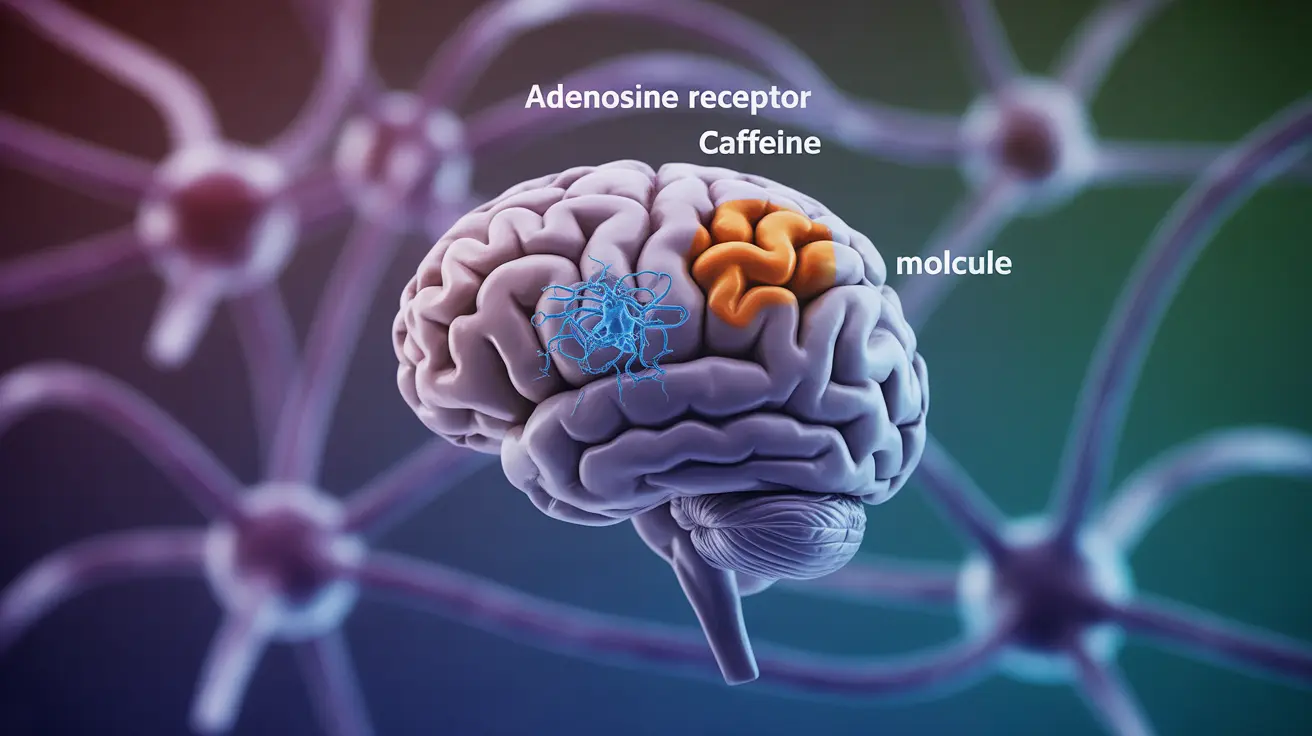For millions of people worldwide, that morning cup of coffee is more than just a pleasant ritual - it's a daily necessity. But this reliance on coffee raises an important question: is coffee truly addictive? While coffee doesn't create addiction in the same way as drugs or alcohol, it can lead to physical dependence due to its primary active ingredient, caffeine.
Understanding the relationship between coffee consumption and caffeine dependence is crucial for making informed decisions about your daily coffee intake. Let's explore the science behind caffeine dependence, its symptoms, and how to maintain a healthy relationship with your favorite beverage.
The Science Behind Caffeine Dependence
Caffeine works by blocking adenosine receptors in your brain, which helps keep you alert and focused. Regular consumption of caffeine can lead to changes in your brain chemistry, causing your body to develop tolerance and dependence over time.
Unlike traditional drug addictions, caffeine dependence is generally considered less severe and doesn't typically result in the dangerous behavioral changes associated with substance use disorders. However, it can still impact your daily life and well-being.
Signs of Caffeine Dependence
Common indicators that you may have developed a dependence on caffeine include:
- Needing increasingly larger amounts of coffee to feel the same effects
- Feeling tired and irritable without your regular coffee intake
- Experiencing difficulty concentrating without caffeine
- Having strong urges or cravings for coffee
- Continuing to consume coffee despite negative effects on sleep or anxiety
Understanding Caffeine Withdrawal
When regular coffee drinkers suddenly stop or significantly reduce their caffeine intake, they may experience withdrawal symptoms, including:
- Headaches
- Fatigue and drowsiness
- Difficulty concentrating
- Irritability and mood changes
- Muscle pain or stiffness
- Nausea
Safe Coffee Consumption Guidelines
To maintain a healthy relationship with coffee and minimize the risk of developing significant dependence, consider these guidelines:
- Limit intake to 400mg of caffeine per day (roughly 4 cups of coffee)
- Avoid consuming caffeine late in the day
- Stay hydrated by drinking plenty of water
- Consider occasional breaks from caffeine to reset tolerance
- Pay attention to your body's individual response to caffeine
Breaking Caffeine Dependence
If you're concerned about your coffee consumption, gradually reducing intake is often more successful than quitting cold turkey. This approach can help minimize withdrawal symptoms and make the transition more manageable.
Frequently Asked Questions
1. Is coffee addictive and can I develop a physical dependence on caffeine? Yes, while coffee isn't addictive in the traditional sense, you can develop a physical dependence on caffeine. This dependence occurs due to changes in brain chemistry from regular consumption, though it's generally less severe than other substance dependencies.
2. What are common symptoms of caffeine withdrawal when I stop drinking coffee? Common caffeine withdrawal symptoms include headaches, fatigue, difficulty concentrating, irritability, muscle pain, and nausea. These symptoms typically begin within 12-24 hours after the last caffeine consumption.
3. How long do caffeine withdrawal symptoms typically last after quitting coffee? Caffeine withdrawal symptoms usually peak within the first 24-48 hours and can last anywhere from 2 to 9 days. Most people report significant improvement in symptoms after about a week.
4. How much coffee is considered a safe daily amount to avoid caffeine dependence? The FDA recommends limiting caffeine intake to 400mg per day (about 4 cups of coffee) for healthy adults. However, individual tolerance varies, and some people may need to consume less to avoid dependence.
5. What are the differences between caffeine dependence and addiction compared to other substances? Caffeine dependence is generally milder than other substance addictions. It doesn't typically cause the severe behavioral changes, social problems, or health risks associated with drug or alcohol addiction. Additionally, caffeine withdrawal symptoms, while uncomfortable, are not typically dangerous or life-threatening.




